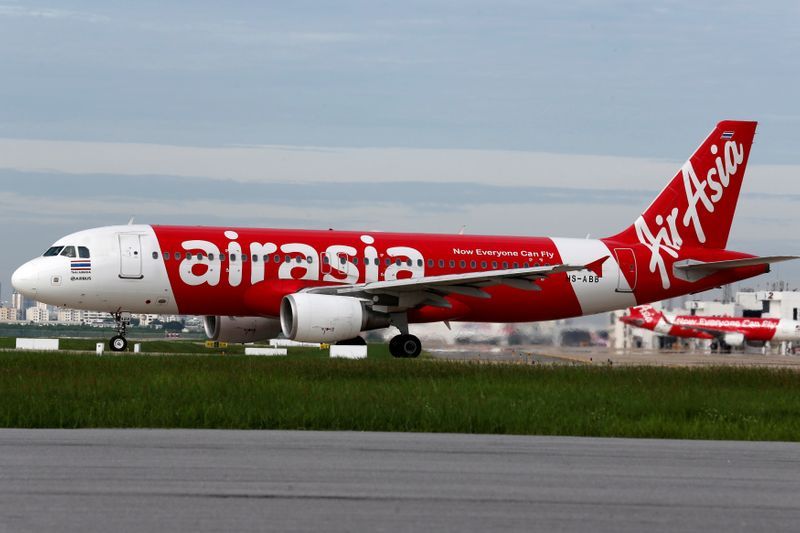JetBlue (NASDAQ: JBLU) has issued the following message to its 23,000 crew members.
It has been a very tough few weeks. We are so proud to see once again how the JetBlue culture brings us together during times of crisis. Thank you for continuing to serve our Customers and deliver the JetBlue experience, particularly when your own lives are being disrupted in so many ways.
With safety our #1 value, we continue to take the measures necessary to protect your health. But as it relates to our business, we are not going to sugarcoat it. Demand continues to worsen, and the writing is on the wall that travel will not bounce back quickly.
We’d like to give you some color on what we are seeing. Last year on a typical day in March we took in about $22 million from bookings and ancillary fees. Throughout this March, our sales have fallen sharply and in the last several days we have taken in an average of less than $4 million per day while also issuing over $20 million per day of credits to Customers for canceled bookings. This is a stunning shift, which is being driven by fewer new bookings, much lower fares, and a Customer cancel rate more than 10 times the norm. If you do the math, $4 million per day does not come anywhere close to covering our daily expenses. It is hard to predict how long these conditions will last and how much more challenging the environment may become.
We are not alone. Virtually every major carrier is taking actions that were almost unthinkable a few weeks ago, making huge schedule reductions and parking significant portions of their fleets.
Even though we entered this from a position of strength with a strong balance sheet and cash in the bank, because of the dramatic fall-off in bookings, we need to reduce our spending immediately so that we can continue to fund JetBlue’s operations and ensure your jobs are protected. We have already announced an initial capacity reduction, pay cuts for our officers (VPs and above), voluntary time off programs, re-negotiated Business Partners agreements, and other spending reductions.
We’ve taken swift and decisive actions to protect you, but we must do more and do so quickly to weather this storm.
Reducing our flying to reflect demand
We are reducing our capacity in the coming months, with a reduction of at least 40% in April and May. We also expect substantial cuts in June and July, and given the unpredictability of this event, we will ground some of our aircraft. We know this is not an easy move – it will impact hours for many frontline Crewmembers, but it is also essential that we reduce capacity in the face of dramatically falling demand.
We will be notifying Customers of their specific cancellations in a phased approach so that we do not overwhelm Customer Support as they continue to receive exponentially more calls than they ever have before.
Reviewing our fleet plan
One of our most substantial capital expenses is the purchase of new airplanes. In collaboration with Airbus, we are looking at our order book for opportunities to slow deliveries and reduce aircraft pre-delivery payments (PDPs). We will also defer the four previously used airplanes that we announced earlier this year.
Cutting our capital and operational spending
We will reduce spending wherever we can to preserve our cash, and both of us will be taking a 50% pay reduction during this crisis.
We entered the year with a list of major initiatives to invest in our infrastructure, technology and real estate. As of today, we have paused or stopped more than 75% of these projects and will continue to stand down work wherever we can.
Increasing our cash reserves
The dramatic loss of revenue in recent days means we will have to start dipping into our cash savings. Although we came into this with about $1.2 billion, our expenses total millions of dollars each day. The good news is we have secured a new liquidity facility – an extra credit line – which allowed us to borrow $1 billion. This is not free money – it’s a band-aid solution that holds us over and we have to pay it back with interest. Even with these cash reserves we, like the rest of the industry, will need significant government support to help us through these losses.
Calling for government intervention
The governmental warnings and actions taken to manage this health crisis have hit both domestic and international travel hard. We have been coordinating with Airlines for America (A4A) and other U.S. airlines to ensure government leaders understand the threat to our global economy if air travel is not supported. When this pandemic passes – and it will – air travel will play a major role in getting life back to normal and supporting economic recovery. We are going to need significant government help to do that. This is not a position we’d like to be in, but government assistance will help us protect our 23,000 Crewmembers who are our most important priority as we navigate these turbulent times.
From the beginning we have faced many challenges and, against all odds, we have thrived through some incredibly difficult events. Now we are faced with what is by far the biggest challenge our company and our industry has ever seen. While we know this is an incredibly difficult time for all of you as you work to juggle your own concerns around coronavirus, we have come through other challenges in our 20 year history and we can – and will – come through this together.
The next few months won’t be easy, but please know that all the steps we’re taking today are focused on protecting the health and safety of our Crewmembers and Customers and ensuring JetBlue remains a great place for you to work well into the future.


